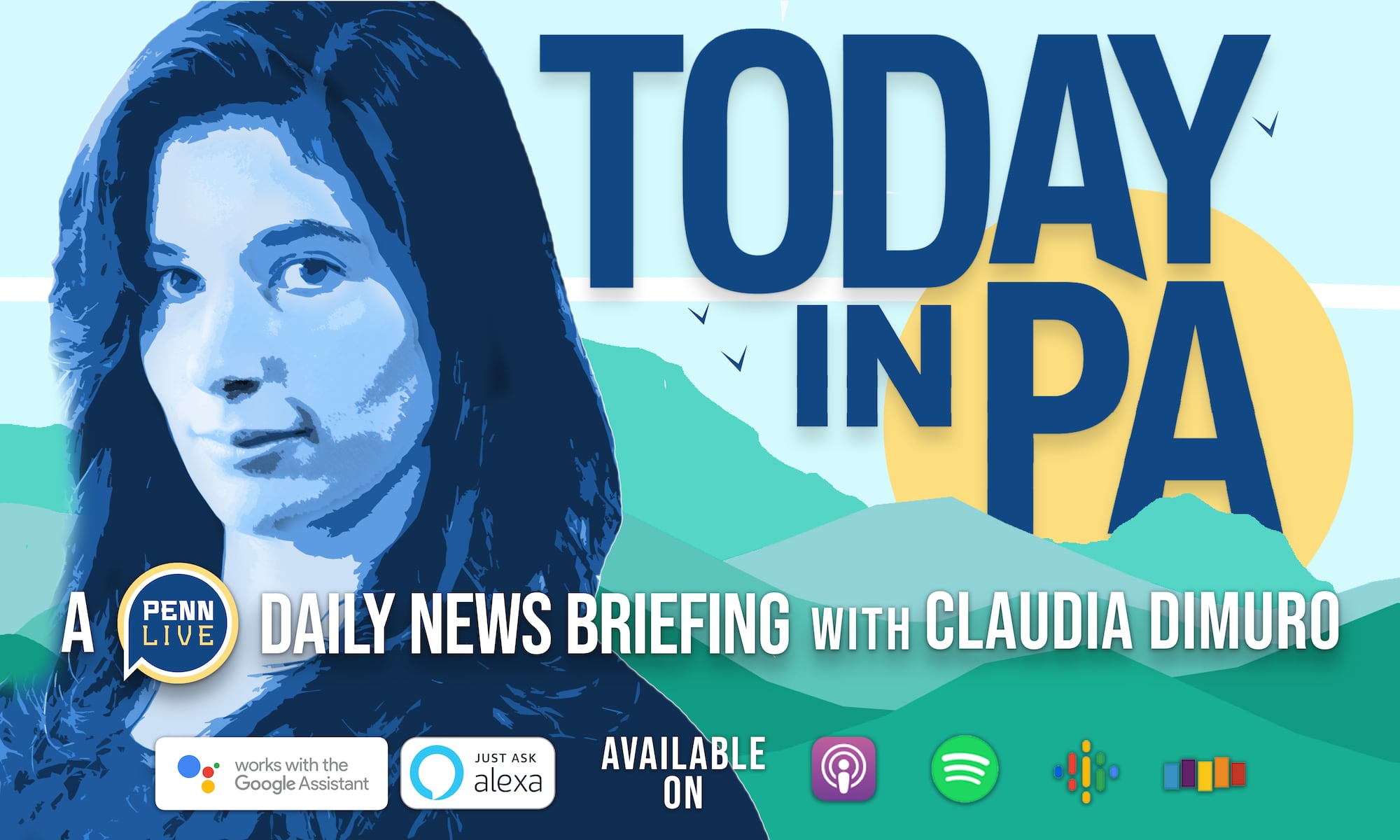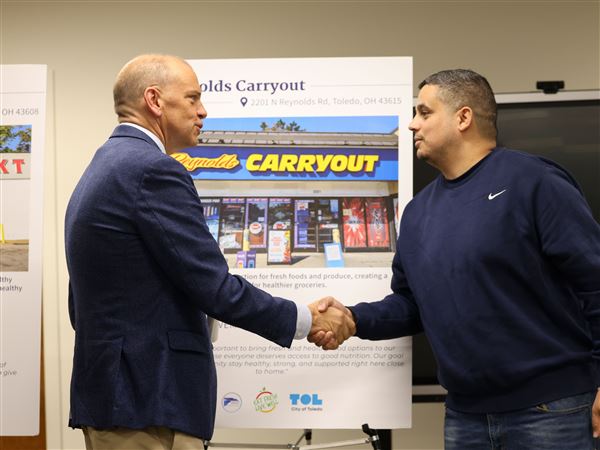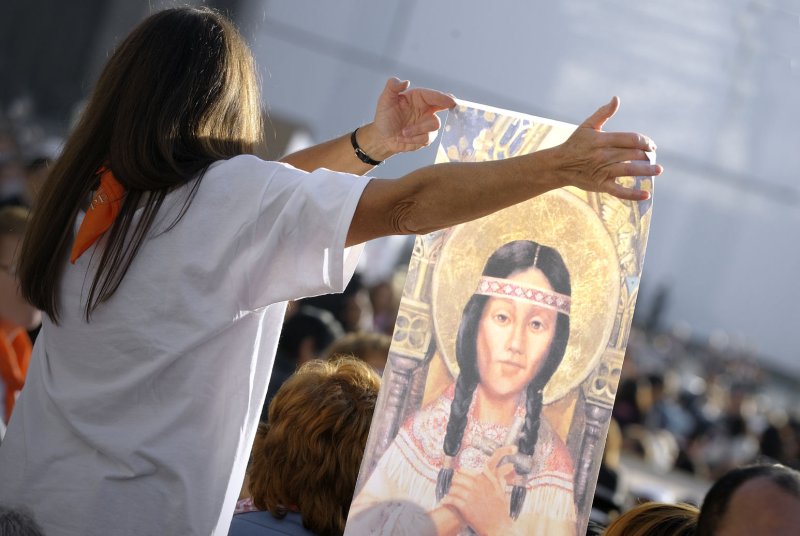BREAKING: President Donald Trump has just announced a drastic policy shift, labeling Colombia’s President Gustavo Petro an “illegal drug leader” and pledging to end all U.S. aid to the nation. This urgent declaration comes following Petro’s criticism of U.S. military strikes on alleged drug vessels in the Caribbean, which he claims have caused civilian casualties.
In a post on Truth Social on Sunday, Trump accused Petro of fostering drug production in Colombia, stating, “It has become the biggest business in [Colombia], by far.” The former president declared, “AS OF TODAY, THESE PAYMENTS, OR ANY OTHER FORM OF PAYMENT, OR SUBSIDIES, WILL NO LONGER BE MADE TO COLOMBIA.” This bold statement raises significant concerns over the future of U.S.-Colombia relations and anti-drug efforts.
Petro responded hours earlier by alleging that a recent U.S. strike had mistakenly targeted a fishing vessel, killing a fisherman. “The U.S. has invaded national territory,” he asserted, demanding accountability for the incident. The Colombian leader’s comments have intensified scrutiny over U.S. military actions, which have been characterized as critical to curbing drug smuggling.
The backdrop to this confrontation is a surge in coca cultivation and cocaine production in Colombia, which the Trump administration attributes to Petro’s inadequate enforcement. Just last month, the State Department listed Colombia among countries failing to control drug trafficking, marking the first time in nearly three decades. As a result, while the administration issued a waiver allowing continued U.S. aid, the future of that support is now in jeopardy.
Trump’s attack on Petro is part of a broader narrative, as tensions escalate between the two leaders. Petro, who has been vocal against U.S. policies, previously urged members of the U.S. military to “disobey” Trump’s orders during a speech at the United Nations. This contentious relationship is compounded by accusations from neighboring Venezuela, which claims the U.S. is conducting aggressive military actions in the region.
The emotional toll of this policy shift may resonate deeply within Colombia, where U.S. aid has historically played a pivotal role in anti-drug efforts. With Trump’s latest declaration, the implications for Colombian communities and the fight against drug trafficking could be profound.
As developments unfold, the international community will be watching closely. What actions will Petro take to address these accusations? How will this affect Colombia’s fight against drug trafficking? For now, all eyes are on Washington and Bogotá as this story evolves.
Stay tuned for more updates on this rapidly developing situation, as the implications of Trump’s announcement could reshape U.S.-Colombia relations and impact the region’s stability.






